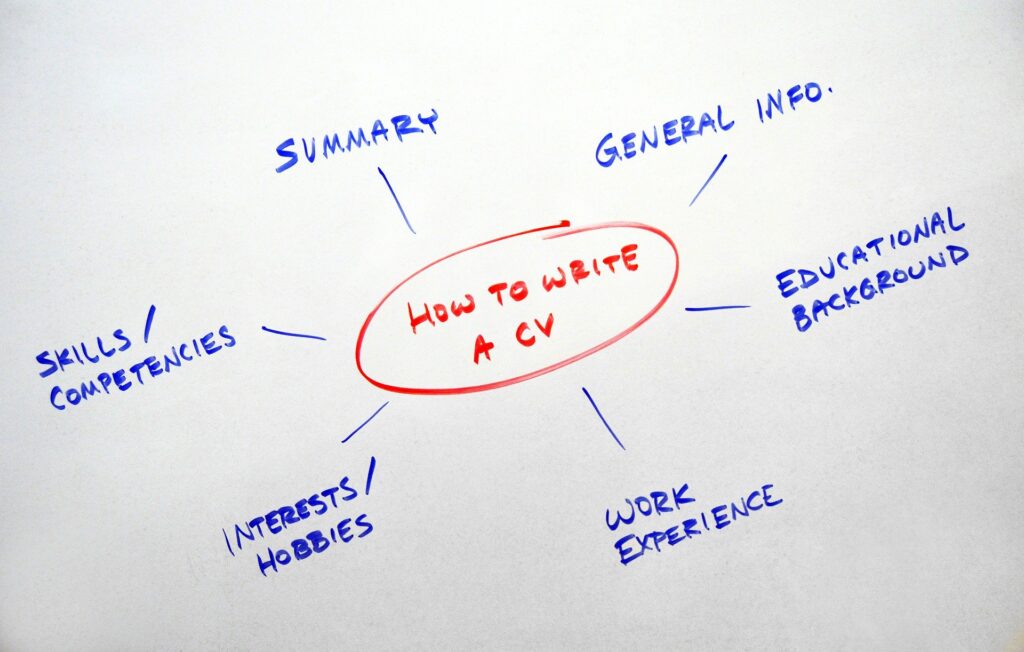How To Create An Effective Resume Using These Simple Steps?
In today’s competitive day and age, a resume can be the key to compel recruiters or employers to consider your candidature. So, you need to make sure that your resume provides all the necessary information for the interviewer to assess you better. This in turn will give you a better chance at the selection process.
But while filling in details, you should also keep in mind that it shouldn’t be lengthy with overly elaborated description about yourself. Additional information can be reserved and discussed during the time of interview. However, the length of the resume could also depend on which stage of career you are at. For a fresher, there can be limited information while the experienced candidate can add in a bit more information.
Being in the recruitment field for a while now, I understand the expectations of both the employer and employee. So based on my understanding, here are some of the key pointers you can consider to write a solid resume to build your career.

Your Resume Must Have:
(Of course) Your Name: Your name as per your official documents, to ascertain your exact identity and to ensure that they match the documents you submit.
Job Details / Experience: This section is very important for those who are experienced. This should include
• Names of Current/ Previous Employers,
• Designation
• Employment Period
• Roles and Responsibilities: Make sure your roles & responsibilities give clarity about your job by using relevant keywords. Mention a minimum of 5 to 6 KRAs (Key Result Areas) of your job. Its good to follow this pattern for each of your employments rather than clubbing the entire experience under a single section. Mention your employment history in a reverse chronological order, as the focus is on recent experience during the selection process.
Educational Qualification: Do provide the details of High School, Intermediate Level, Graduation Degree, Post Graduation Degree that you have completed, along with names of institutions, respective university and the year of passing. In case you are pursuing any course, you can mention about it as well.
Side Note: Providing the details of grades/ percentages for each of these levels is important for fresher however it may not be necessary for an experienced person most of the times.
Certifications / Training undergone: It is important to mention as this shows your level of efficiency at particular skill.
Contact Details: Make sure you provide an active contact number & email address for two reasons. First, hiring team should be able to communicate. And second, some organizations accept job applications only through their portals. If contact details are wrong, you may face problems during further hiring process.
Current Location: Your full address or at least Area, City, or State information must be provided. Since the hiring team may have to consider candidates from particular locations for various reasons.
Preferred Locations: Mention the locations only if you are willing to relocate to those locations.
DOB: Always mention complete DOB.
Gender: As few jobs could be gender specific depending upon the nature of the job. Also it helps recruiters to address you correctly when they interact with you for the first time.

Make Your Resume More Meaningful With These:
Resume Title: A phrase or a line that tells what skills you bring along with you.
Summary: A brief introduction which speaks about your specialized areas of work & exposure to specific skills. It may also include information about the kind of role that interests you.
Skill-set: A list of your technical & non-technical skills which are important to perform the job. Ideally in a sequence starting from the one you are highly efficient at.
Achievements: Noteworthy achievements which emphasize your professional skills, personal attributes & interest areas which are relevant to the job, as make it easier to assess you during the interview.
Projects: For fresher this is to do with any project carried out as a part of curriculum, or live projects in organizations to understand the applicability of various concepts. For experienced candidate these can be projects that he / she is or was associated with as a lead or a member, and the contribution towards it. As this can add value to candidature.

Quick Tips:
Always know the difference between Bio-data, Resume, & Curriculum Vitae
You need not mention RESUME / CURRICULUM VITAE at the top of the resume. Rename your file by keeping it simple with your name & resume title at the max. Or, you can name the file as Resume_Your Name_Month-Year
Choose a right format for your Resume. Make sure you don’t make it look messy by using too many shapes & diagrams in it
Use one or two font types only – Keep it simple & clear which gives easy readability by not adding more than 2 font type.
Keep it available in word / PDF format for a quick share if required. As a link to the cloud storage may or may not work when others try to access depending upon the technological environment they are operating in.
Understand that most of times initial screening happens by identifying certain keywords related to a specific job role and going through your KRA’s even before the recruiters choose to interact with you. Also the hiring team may not understand all the roles from a technical aspect. So when you say you are doing something, be sure that your resume says it too. Needless to say, be responsible to what you say in the resume.
I hope this article not only helps you to create a new resume or revamp the resume you have already, but also helps you get you a good job.
